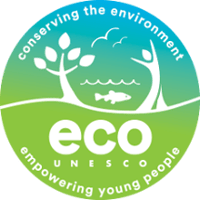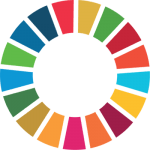
Hundreds of delegates from organisations all around the globe with a stake in environmental and sustainability education took part in the international World Environmental Education Congress 2015 that was held in Gothenburg, Sweden, between June 29th and July 2nd.
ECO-UNESCO as a leader in environmental education and education for sustainable development in Ireland, represented by Elaine Nevin, National Director attended the conference and presented on ECO-UNESCO’s experience of ‘Youth Engagement and Empowerment through Action Projects and Peer Education – Case studies of ECO-UNESCO’s Young Environmentalist Awards and Youth for Sustainable Development Programmes’ on the 30th of June during one of the Parallel sessions.
The WEEC2015 is an international meeting point for everyone working with Education for Environment and Sustainable Development. WEEC 2015 is an opportunity to learn more about the latest in environmental and sustainability education, to discuss with people from all over the world, to share their work and to hear from global experts about the latest in environmental research, industry policy developments, and educational programs.
The congress covered different themes in 2015 such as “Planet and People – how can they develop together?”, taking Children seriously in addressing global challenges, Environmental education and poverty reduction, (Re) emerging concepts for environmental stewardship and sustainability or new perspectives on research in environmental and sustainability education.
‘ECO-UNESCO was delighted to be attending this international congress; it was a great opportunity to learn from other international programmes and build relations with other organisations focused on environmental education and education for sustainable development around the world; we were delighted to be presenting on our work here’ commented Elaine Nevin, National Director of ECO-UNESCO Clubs Ireland.
The five-day Congress program encouraged participants to learn and share new ways of thinking and to explore new trends in research and practice in environmental education.


